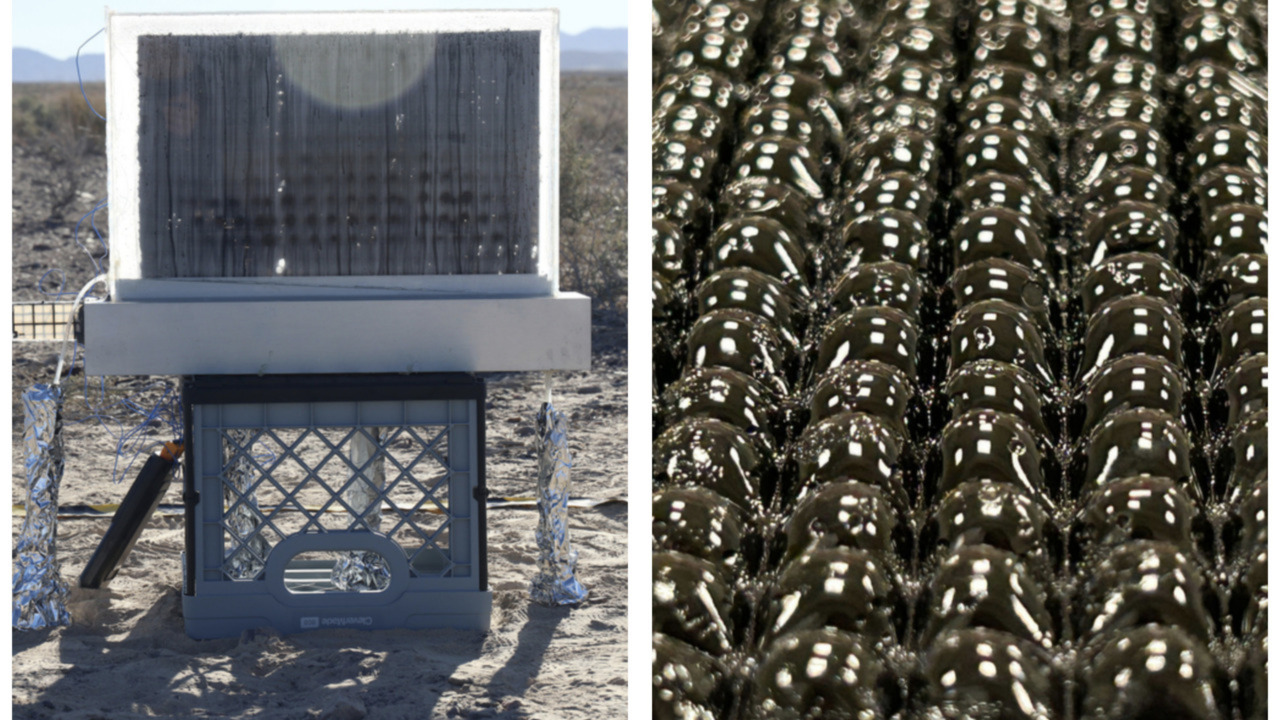Why humanity owes much of its success to long hair

Image: iStock
Once upon a time, humanity cooked up a hair-brained scheme to reach the top of the food chain, scientists say. A recent study published in the British Journal of Dermatology outlines how humans’ ability to grow long hair on our scalps—which is unique among mammals—has helped us become the dominant species on Planet Earth.
Hair comes the sun
The research, led by US and Taiwanese scientists, suggests that the ability to grow long scalp hair wasn’t some evolutionary accident. Instead, it developed around the time the first humans emerged some ~2 million years ago, and helped keep our ancestors alive in equatorial Africa.
- As early humans moved out of the forests and shifted to walking upright on two feet, the transition exposed their heads—and the developing brains within—to intense heat and solar radiation.
- Those human ancestors, much like ourselves, were able to protect their heads thanks to a unique genetic mechanism allowing human scalp hair to grow for up to seven years.
- They also benefitted from tightly curled locks of hair that created air gaps on their head to minimize heat absorption, while maximizing heat loss.
The timing works out. Prior to growing longer scalp hair, the brains of early humans had mysteriously lagged behind the development of other modern traits like longer limbs and upright backs, according to the study’s authors.
Share this!
Recent Science & Emerging Tech stories

Science & Emerging Tech
| July 1, 2025Anthropic experiment indicates AI can’t run a vending machine
🤖 “Artificial intelligence” and “successful entrepreneur” wouldn’t be overlapping on a Vend Diagram, according to a recent experiment performed by Anthropic that gave an AI agent complete control over an office vending machine to test how well it performed as a business owner.

Science & Emerging Tech
| July 1, 2025Scientific breakthrough creates drinking water out of thin air
MIT researchers have developed a new bubble wrap-like device that can produce clean drinking water out of thin air in some of the harshest conditions on Earth—all without requiring an external power source.

Science & Emerging Tech
| June 30, 2025Scientists are trying to build the human genome from scratch
🧬 A first-of-its-kind effort called the Synthetic Human Genome Project (SynHG) officially kicked off its plan to construct human genetic material from scratch last week.
You've made it this far...
Let's make our relationship official, no 💍 or elaborate proposal required. Learn and stay entertained, for free.👇
All of our news is 100% free and you can unsubscribe anytime; the quiz takes ~10 seconds to complete